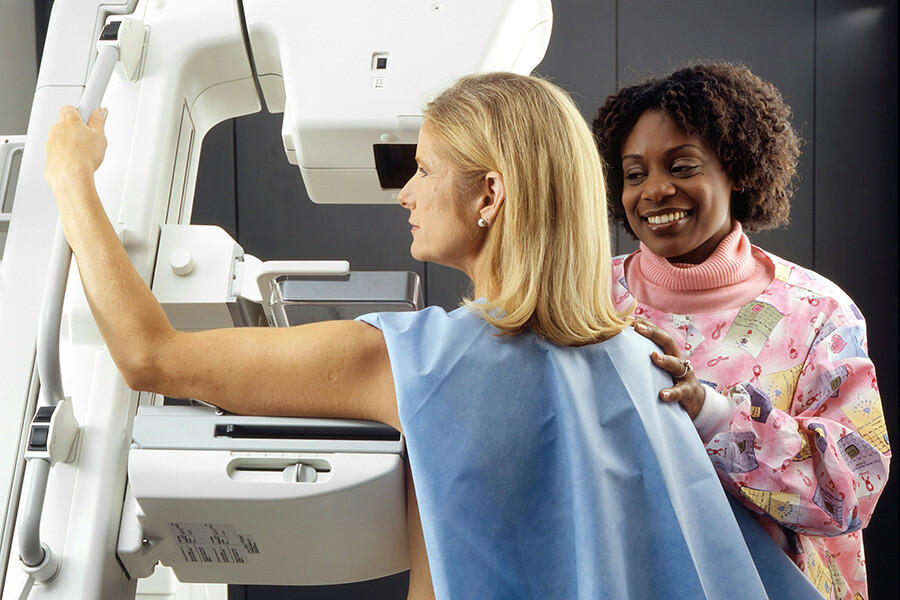Every year, the Annual Report to the Nation on the Status of Cancer offers a snapshot of the nation’s ongoing battle against cancer. This collaborative effort from the American Cancer Society (ACS), the Centers for Disease Control and Prevention (CDC), the North American Association of Central Cancer Registries (NAACCR), and the National Cancer Institute (NCI) provides crucial insights into cancer incidence, mortality, and trends.
From the public health perspective, this report helps highlight both the progress we’ve made and the areas where our work can make the biggest difference — particularly when it comes to the life-saving potential of early screenings.
Key Takeaways in Cancer Trends
The latest report paints a picture of both encouraging advancements and persistent challenges in the fight against cancer. One of the most significant positive trends is the steady decline in overall cancer death rates observed between 2001 and 2022. This sustained decrease underscores the impact of advancements in treatment, early detection methods, and prevention efforts.
At the same time, new cancer diagnoses among women grew steadily among women between 2003 and 2021 — largely driven by a consistent rise in breast cancer diagnoses. However, the overall mortality rate from breast cancer has been on the decline.
The report shows a profound impact in public health initiatives directed at curtailing harmful habits. The decline in smoking and increasing prevalence of smoking cessation programs over the past two decades has resulted in a significant drop in tobacco-related cancers.
Conversely, the report highlights an emerging trend of concern: a rise in the incidence of cancers associated with obesity. These include cancers of the female breast, uterus, colon and rectum, pancreas, kidney, and liver.
Decoding the Data: What Cancer Rates Really Tell Us
Understanding the data from this report requires us to look beyond the numbers. It’s especially important to recognize that changes in cancer rates don’t always translate directly to changes in the actual occurrence of cancer. For instance, an increase in reported cancer cases in a community might understandably cause concern. However, this increase could actually reflect more effective and widespread screening programs.
Screening programs are designed to detect cancers earlier, often at a more treatable stage. While this leads to a higher number of diagnoses being recorded, the early detection is also a significant contributor to better outcomes.
It’s notable how the overall rate of new cancer cases in the United States plummeted 8 percent in 2020 as a result of the COVID-19 pandemic. With the pandemic disruptions making it more difficult for patients to see their doctor, it was more challenging for them to receive the screenings that could lead to early detection. New cancer cases returned to expected levels in 2021.
The Power of Prevention: How Cancer Screenings Improve Our Understanding
Cancer screenings are more than just tests; they are powerful tools that significantly enhance our understanding and management of cancer. By proactively looking for signs of cancer in individuals who may not yet have symptoms, screenings offer several key advantages:
- Early Detection: This is perhaps the most critical benefit. Detecting cancer at an earlier stage, when it is often smaller and hasn’t spread, dramatically improves the chances of successful treatment and survival.
- Identifying Precancerous Changes: Some screenings can identify precancerous conditions, allowing for interventions that can prevent cancer from developing in the first place.
- Understanding Disease Patterns: Population-wide screening data contributes valuable information to our understanding of cancer incidence, prevalence, and risk factors within specific communities. This data helps inform public health initiatives and resource allocation.
- Empowering Individuals: Screening programs empower individuals to take an active role in their health. Knowing their screening options and understanding the potential benefits can lead to earlier diagnosis and better health outcomes.
Your Local Support: Cancer Screening Services at the Uncas Health District
The Uncas Health District is committed to supporting the health and well-being of our community through various cancer prevention and early detection initiatives. We proudly offer resources and support for:
- Breast and Cervical Cancer Early Detection: We provide access to screenings and educational materials to help women detect breast and cervical cancer early, when treatment is most effective.
- Colorectal Cancer Early Detection: We offer information and support for colorectal cancer screenings, which are crucial for early detection and prevention of this type of cancer.
We encourage you to reach out to the Uncas Health District to learn more about available screening programs and how you can take proactive steps towards cancer prevention and early detection. Your health is our priority, and early detection can make a life-changing difference.
